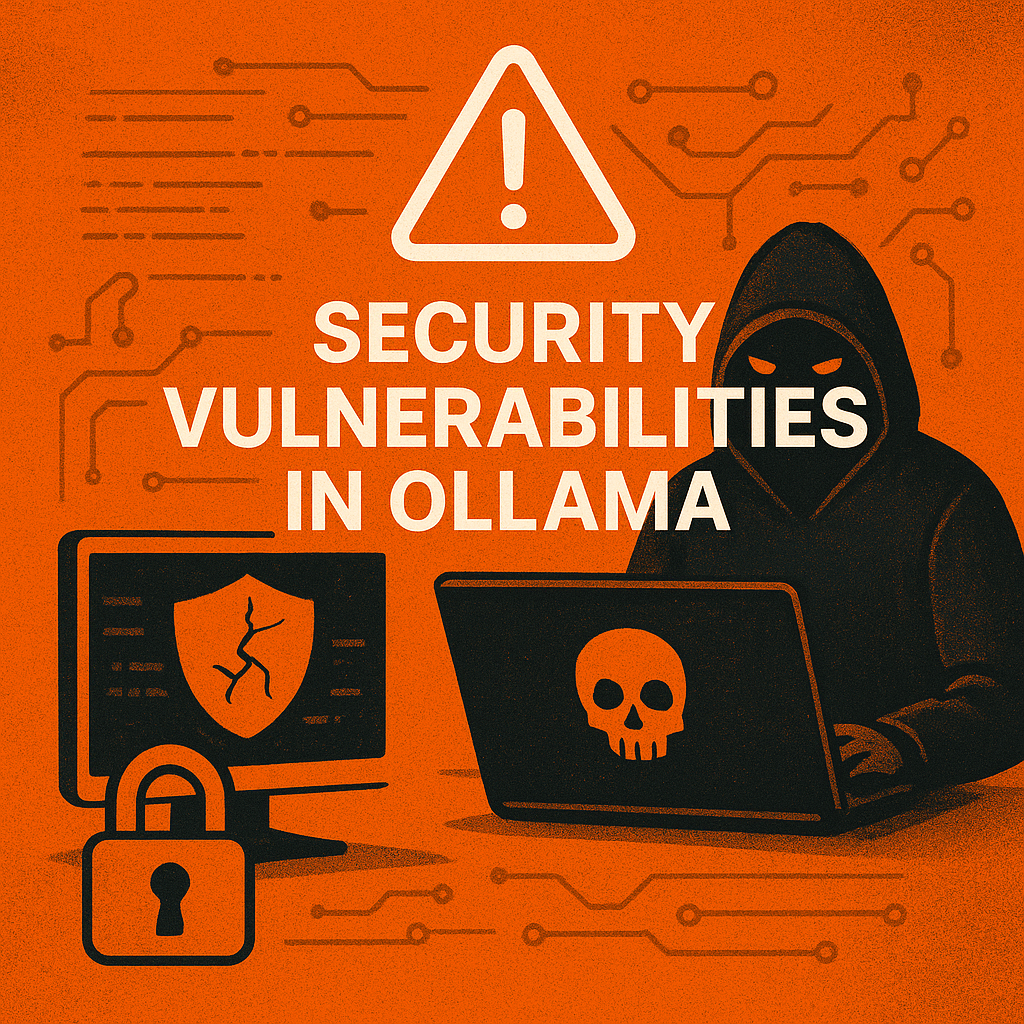Critical Security Vulnerabilities Discovered in Ollama AI Framework
Date: September 3, 2025 · Author: Karma-X Research Team
Severity: High to Critical · Status: Under Responsible Disclosure · Affected Systems: All Ollama Versions
Reference: Ollama Repository · Huntr Bug Bounty Program · Official Ollama Website
Want to Read More?
This is premium content from our research team. Create a free account to access the full article and join our community of security professionals.
Already have an account? Sign in here

